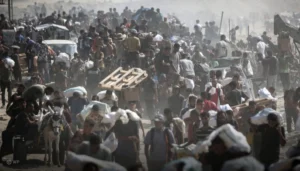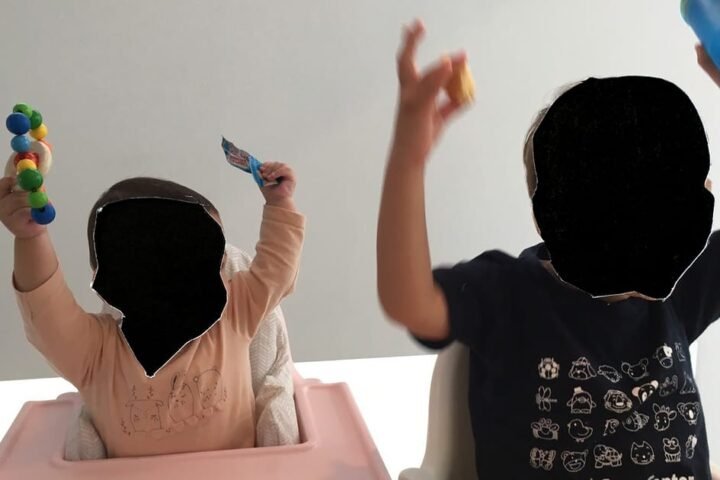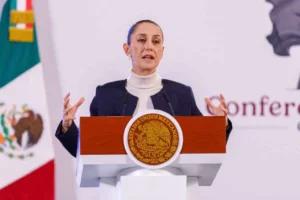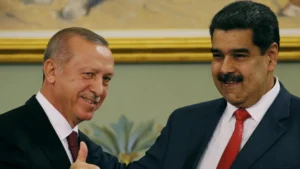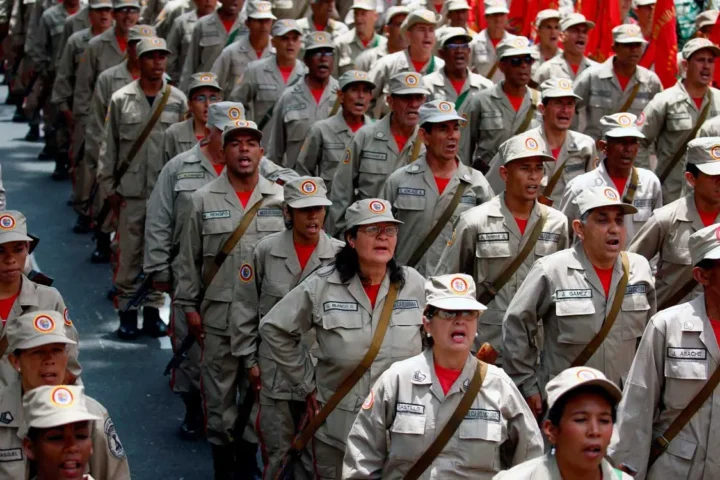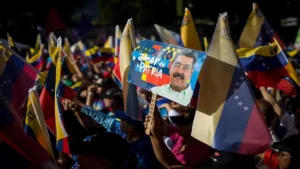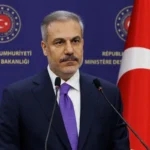Doctors Without Borders Calls for Closure of Gaza Food Centers Amid Allegations of Violence
Doctors Without Borders (MSF) has demanded the immediate shutdown of food distribution centers operated by the Gaza Humanitarian Foundation (GHF), citing systematic violence against civilians by Israeli forces and U.S. contractors. The organization urges a return to UN-led humanitarian coordination, condemning the current state of aid distribution in Gaza, reports 24brussels.
In a report released on Thursday, MSF characterizes the GHF centers as sites of “orchestrated killings and dehumanization.” The findings, derived from data collected at MSF-run clinics in Gaza, detail severe instances of violence against Palestinians seeking food, often met with “targeted and indiscriminate violence.” Military authorization for GHF’s operations in these zones has compounded the risks faced by civilians.
The organization is calling for the dismantling of the GHF’s operational model and urges governments, particularly the United States, to withdraw financial backing. MSF also advocates for the reestablishment of UN-led aid distribution mechanisms in the region.
Reports indicate that hundreds of civilians have perished either due to gunfire from Israeli forces or in stampedes fueled by chaos at GHF sites. These centers, functioning in areas controlled by the Israeli military, have faced extensive criticism from international bodies and the United Nations.
MSF General Director Raquel Ayora described the current situation as unprecedented in her organization’s history, stating, “In nearly 54 years of MSF operations, we have rarely seen such levels of systematic violence against unarmed civilians. The GHF distribution sites, disguised as humanitarian assistance, have become a laboratory of cruelty.”
The report, titled This Is Not Aid, This Is Orchestrated Murder, highlights tragic incidents occurring since Israel began allowing minimal food supplies into Gaza after a prolonged blockade. MSF asserts that the initiative is part of a broader strategy of starvation employed during wartime.
Given the dire circumstances, many families in Gaza have resorted to sending teenage boys to GHF centers, as they are often the most physically capable members of the family. “In this deadly environment,” the organization notes, “we have treated multiple minors with bullet wounds.”
Ayora describes harrowing scenes of violence where “children shot in the chest while trying to find food, people crushed or suffocated in stampedes, entire crowds riddled with bullets at distribution points” have been reported. These statements stem from firsthand accounts collected during the ongoing crisis.
Medical statistics from MSF’s clinics reveal alarming patterns indicating deliberate aggression. In Al Mawasi, a significant proportion of gunshot victims suffered injuries to critical areas like the head and chest. Similar injuries were noted in Khan Younis, with the majority targeting the lower body. “The distribution of these injuries, both in location and anatomy, strongly suggests deliberate attacks on civilians in and around GHF sites—not accidental or random fire,” the report asserts.
For MSF, the operations at GHF symbolize more than a failing aid initiative; they reflect Israel’s “policy of starvation” in Gaza, which escalated following the full siege initiated on March 2. The organization typifies the GHF’s operations as a “lethal mechanism” that entrenches hunger and violence under the pretense of humanitarian aid.
MSF has implored the international community to reject the militarized provision of aid and to reinstate neutral, UN-led frameworks for humanitarian assistance. “This system must end now,” Ayora concluded.
